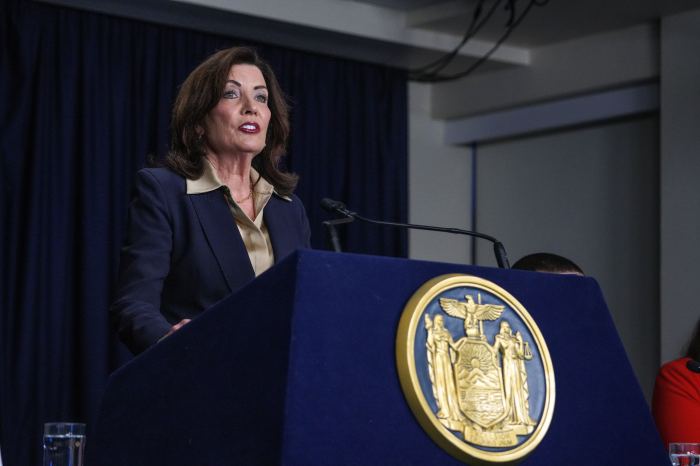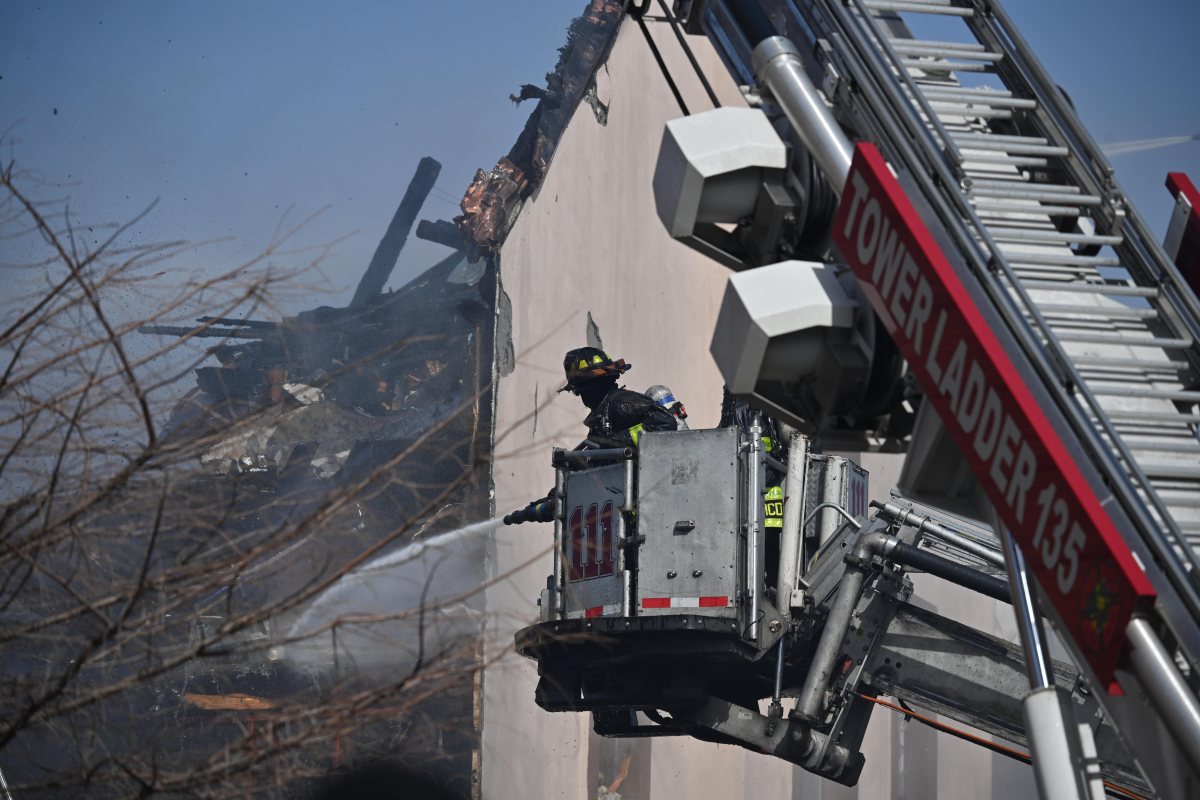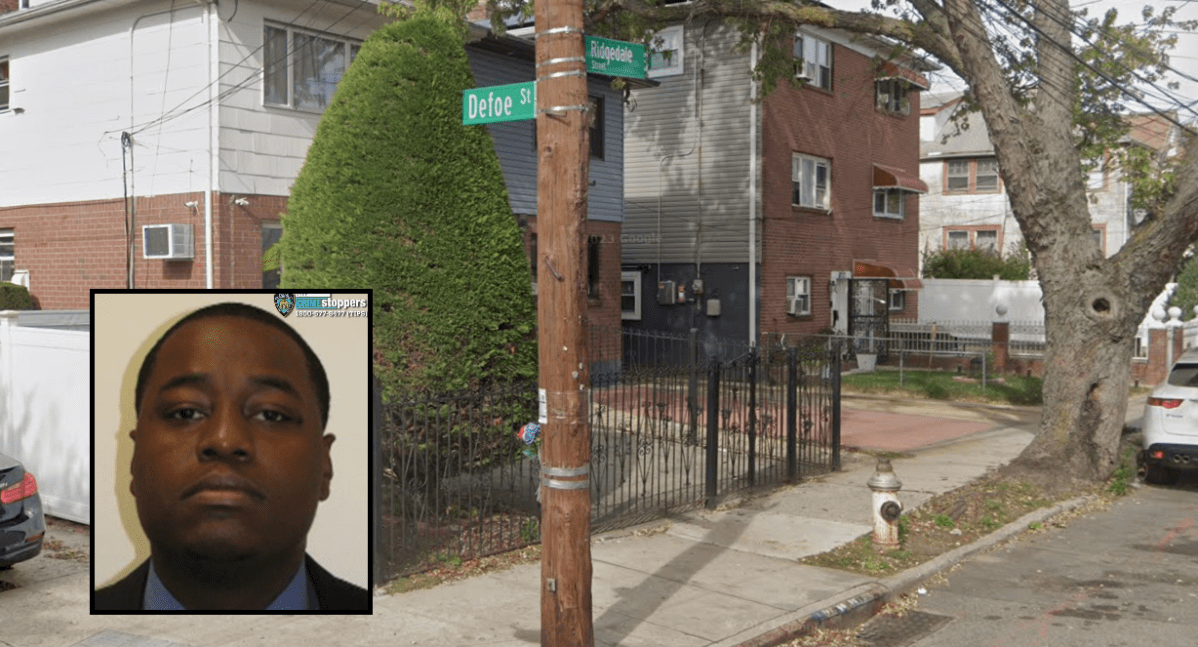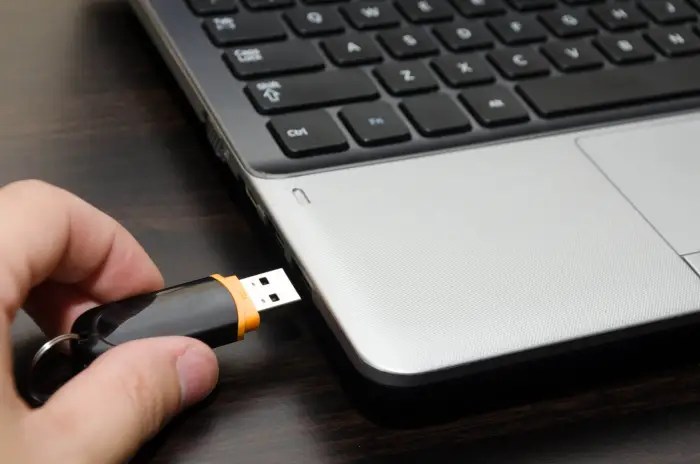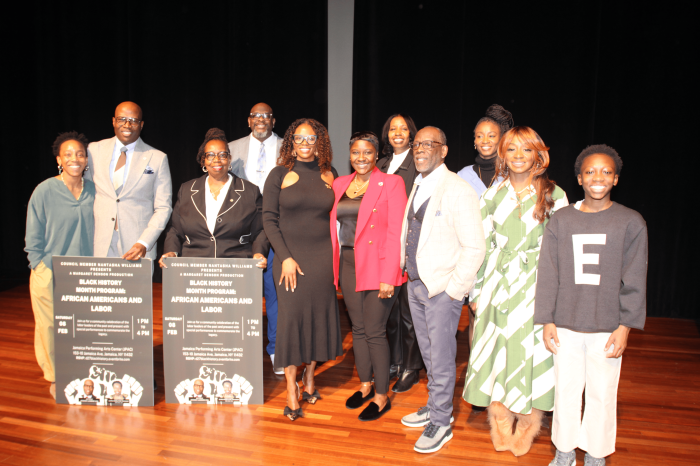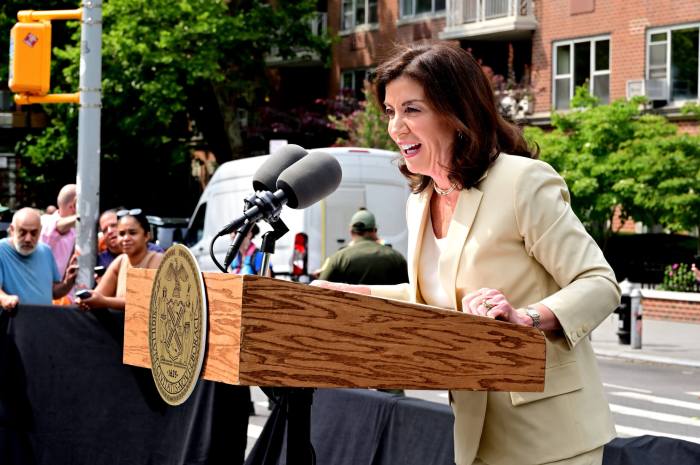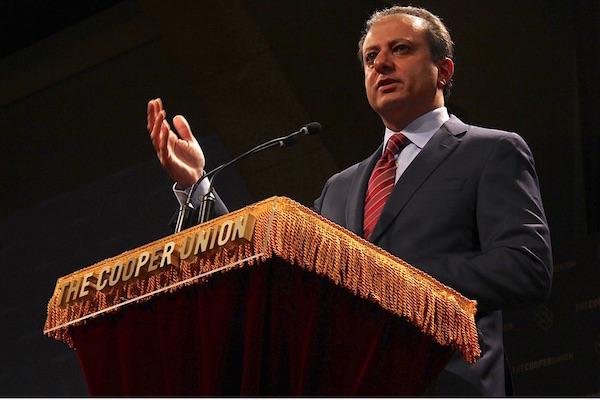
BY RAINER TURIM | More than 900 people packed the Cooper Union’s Great Hall downtown on April 6 to hear Preet Bharara, the recently axed US attorney for the Southern District of New York. But that crowd figure was in dispute — well, not really, but Bharara couldn’t help but take a poke at the new president who unceremoniously fired him.
Bharara, who served from 2009 until last month, started his lecture off by declaring the East Village audience was actually “1.25 million,” alluding to Donald Trump’s inauguration crowd size follies.
For the veteran prosecutor, introduced by Cooper Union’s president, Laura Sparks, as a “legal trailblazer,” it was his first major lecture since he was removed from office. Though hard-nosed as a prosecutor, taking down both State Assembly Speaker Sheldon Silver and the Senate majority leader, Dean Skelos, Bharara has a surprisingly light touch with humor.
“It just figures, for the first time in eight years I’ve literally shown up for a event where I can’t arrest anyone,” he quipped.
Earlier that day, the New York Times published an article quoting him as describing his firing as “a direct example of the kind of uncertain helter-skelter incompetence” of the Trump administration.
Sparks, in introducing Bharara, said his character combined with the events surrounding his departure from the Southern District inspired the school to host the lecture.
“Cooper Union’s Great Hall has been the birthplace of profound social movements and a platform for honest discourse for over 150 years,” she said, “and lectures like those in our John Jay Iselin Memorial Series are part of that tradition. Preet Bharara’s unique perspective at this moment in time helps to move forward our national conversations about truth, fairness, integrity, and justice. The Great Hall will be an important venue for these and other conversations critical to our national discourse in the years ahead.”
Bharara’s lecture, Sparks added, represented “quintessential Cooper Union.”
Recalling his ouster from office, Bharara said, “I was asked to resign, I refused. I insisted on being fired, and so I was. I will tell you that I don’t really understand why that was such a big deal, especially to this White House. I had thought that’s what Donald Trump was good at. I had thought that’s in part how he became president.”
The ex-US attorney fondly recalled his last eight years leading what is widely considered the nation’s most prestigious US attorney’s office.
“The greatest professional honor of my life,” he said. “I had the best team in the world.”
In discussing his record, he conceded that he wished the office had been able to go further in combatting gang violence.
“Is there lots more still left to do?” he asked. “Absolutely, yes.”
Regarding local criminal justice matters, Bharara commended Mayor Bill de Blasio’s announcement that Rikers Island would be shuttered in coming years, saying that is a “a spectacular plan.”
Telling his audience that he was proudest of “maintaining a certain tradition and culture of doing what’s right,” he stressed that no US attorney should feel like “a rubber stamp for the White House,” adding, “That’s how every US attorney should feel.”
Bharara urged Americans to be cautious and vigilant as the new administration in Washington takes hold.
“Sometimes people lie, and people need to be aware of that,” he warned. “We choose what news to believe. We choose who to trust.”
Bharara was joined by his mother and father for the Cooper Union lecture.
“I am the son of a father who came from virtually nothing,” he said, referring to his humble roots in India. He noted, with sadness, the problems some of his fellow Indian immigrants have faced being accepted in America, talking about a recent hate crime in Kansas that saw an engineer raised in India and educated in Texas gunned down after his assailant demanded to know if his “status was legal.”
Bharara turned to an inspirational high note in concluding his remarks.
“Let us unrig the system,” he proclaimed. “Remember the forgotten. Lift the underdog. Drain the swamp. Let us do all those things, but let’s actually do it — not just talk about it. And let’s do it with goodwill and in good faith. Let’s do it as idealists, not cynics. Let’s do it with facts, not falsehoods. And let’s do it in the spirit of hope and harmony, with love and not hate.”
Bharara then fielded audience questions in a Q & A session.
“Why do you think you were fired?” he was asked.
“Beats the hell out of me. I don’t know,” Bharara said, bemusedly. “The president of the United States is allowed to have the services of whomever he or she wants. And after the election, one presumed there would be a changing of the guard, whether it be US attorneys or ambassadors or anything else.”
Bharara went on, however, to note the confusing run-up to his dismissal, in which Trump initially asked him to stay on in his post as US attorney, yet then summarily fired him.
“I’m not making any accusation about anyone,” Bharara said, “but I’ve lived long enough to know that you want the record to be clear.”






